Quality Rating 5: Transition Plans
Instructions
To meet the requirements for Administrative Policies and Practices: Transition Plans: ADM 15.5, you will upload a statement that describes your program’s transition plans that include:
- Children’s transitions upon enrollment (from home to your program)
- Children’s transitions within your program (between age groups)
- Children’s transitions from your program to school or other early childhood program settings
- Individualizing transition plans for children with disabilities or children with special health care needs upon enrollment, when changing age groups, and when transitioning to school or a new early childhood program
- Sharing information on child assessment and developmental progress as part of the transition process
To meet this level, programs must have a process in place for developing individualized transition plans for children with disabilities and children with special health care needs even if no children with disabilities or special health care needs are enrolled.
The Policy or Statement Builder provides a step-by-step guide for creating your statement.
Transition Plans
Transition can be defined as moving from one setting or event to the next. Transitions occur as children move between home settings and child care programs, between child care programs and school-age programs, during the day from one activity to another, and year-to-year from one age group to another. For young children, the transition from an early childhood setting to school is a milestone in their educational careers.
Transition plans include the written policies and procedures for supporting children and families during transition periods. These plans provide a consistent process for all children and families and are individualized to meet the specific transition needs of each child and family. Transition plans are especially important for children with special health care needs or disabilities since their individual plans may involve other professionals or routines that are essential to the children’s health and successful outcomes.
What does the documentation look like?
Your program’s transition plans statement clearly describes policies and procedures for:
- Children’s transitions upon enrollment (from home to your program)
- Children’s transitions within your program (between age groups)
- Children’s transitions from your program to school or other early childhood program settings
- Individualizing transition plans for children with disabilities or children with special health care needs upon enrollment, when changing age groups, and when transitioning to school or a new early childhood program
- Sharing information on child assessment and developmental progress
Read the transition plans statement as if you were enrolling your child in a program. Does it clearly outline the steps taken during each phase of transitions (planning, preparation, actual transition, and follow-up after transition)?
Policy or Statement Builder
Develop a statement that describes how your program handles the many transitions experienced by the children in your program. The Reflection Questions below will help you think about what you do in your program. Once you have spent time reflecting on the questions below, you’re ready to build your Transition Plans statement.
Reflection Questions
- What processes do you have in place that help children transition from their homes to your program?
- What processes do you have in place that help children make transitions within your program?
- What processes do you have in place that help children transition from your program to school or to other early childhood settings?
- What processes do you follow to develop individualized transition plans for children with disabilities and for children with special health care needs?
- How do you share information on assessment and development progress? (Center & Family Child Care)
- How do you share information on children’s progress? (School-Age Only)
Statement Builder Resources
Use these optional PDF resources to reflect on your program’s practices and create your Transition Planning Statement.
Technology Tips
Choose the way that the provided resources will be most useful to you.
You can:
![]() Download the PDF.
Download the PDF.
![]() Save the PDF.
Save the PDF.
![]() Print the PDF.
Print the PDF.
![]() Edit the PDF.
Edit the PDF.


